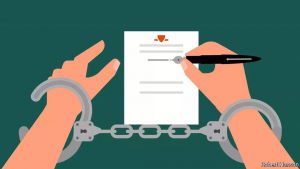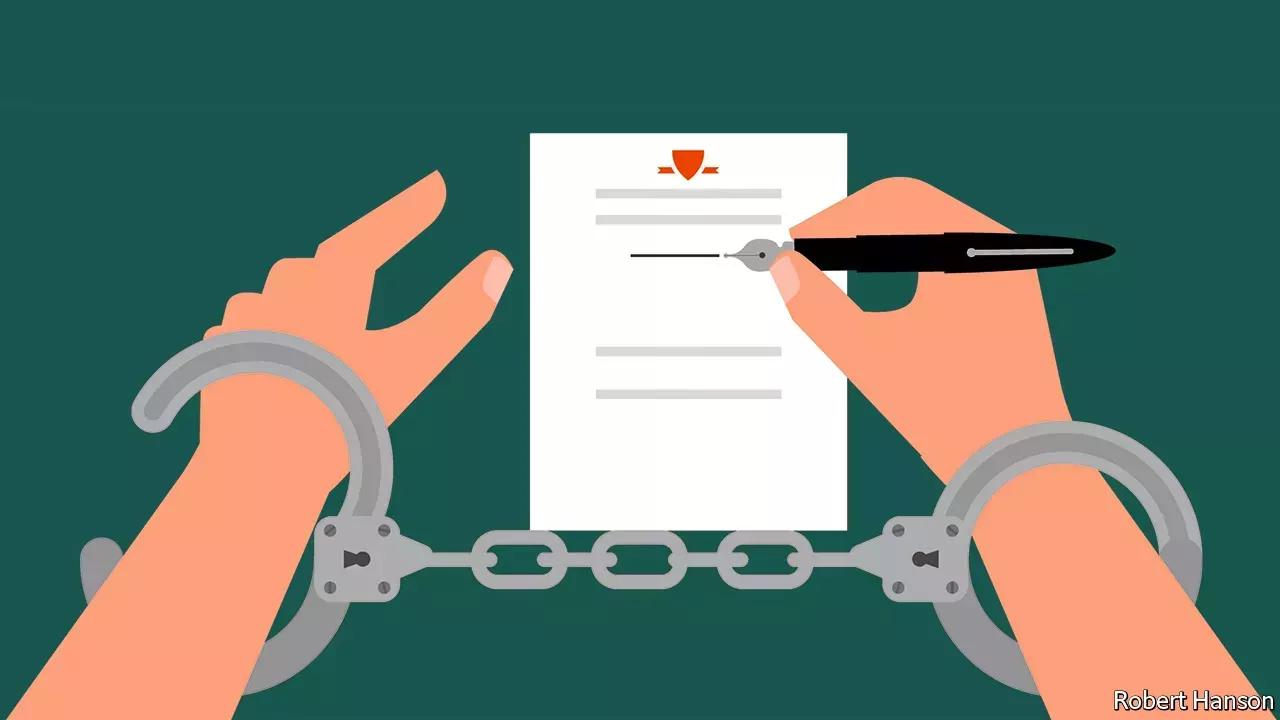By: Max Petrie
Federal Rule of Evidence 410 provides that a defendant’s statements made during plea negotiations, when those negotiations do not result in a guilty plea, cannot later be used as evidence against the defendant.[1] Ideally, this creates a better atmosphere for negotiation, in which both the prosecution and the defense can be more forthcoming and open in hopes of reaching a plea deal. However, this is not always how plea negotiations proceed in practice. In 1995, the Supreme Court held in United States v. Mezzanatto that a 410 waiver is enforceable as long as it is knowing and voluntary.[2] In essence, this meant that defendants like Mezzanatto went into plea bargaining with an agreement that prosecutors would be able to use his statements at trial if they failed to make an agreement—the exact opposite of what Rule 410 was meant for. Just like that, Rule 410 became a shell of itself.
Decades earlier, in the Fifth Circuit case United States v. Ross, the court wrote that “it is inherently unfair for the government to engage in such an activity [plea negotiations], only to use it as a weapon against the defendant when negotiations fail.”[3] And yet, Mezzanatto’s holding created a regime, at least in federal court, where this practice is exactly what the government can do.
The Supreme Court’s holding clearly made these 410 waivers fair game for prosecutors from a legality perspective. But can they be squared with legal ethics rules? The American Bar Association (ABA) Rule of Professional Conduct 3.8 lays out the special responsibilities bestowed upon prosecutors because of their unique and important role in the criminal justice system,[4] and—to be clear—there is nothing in the rule about 410 waivers. The same goes for the ABA’s Criminal Justice Standard for the Prosecution Function 3-5.8, which deals more specifically with waivers in general.[5]
But perhaps there should be something about 410 waivers in either, or both, of these places. Contrast those standards with the first comment to ABA Rule 3.8, which states that “A prosecutor has the responsibility of a minister of justice and not simply that of an advocate. This responsibility carries with it specific obligations to see that the defendant is accorded procedural justice, that guilt is decided upon the basis of sufficient evidence….”[6] Part of the duty to administer justice is to proceed fairly—something that numerous cases have dealt with, particularly in the 6th Amendment context. The Due Process Clause requires fundamental fairness at its core, based in the idea that both criminal defendants and the public at large should want the system to run justly.[7]
This idea of fundamental fairness surely rubs against the use of 410 waivers. The defendant is stuck in these situations: “In effect, the prosecutor says, ‘If you’re willing to waive some rights to talk a deal, I am willing to talk too; let’s see what we can work out.’”[8] Essentially, the defendant can then choose to give up his Rule 410 right just to bring the prosecutor to the table, or is left unable to even attempt to negotiate a plea, risking a heavier sentence at trial. If the defendant does accept the waiver, the prosecutor has given up nothing on her end, while the defendant has accepted that in sharing information in negotiations, the prosecutor could still walk away and use those statements against the defendant at trial. This is the price the defendant pays just to get to the table. The idea behind Rule 410 was to make the bargaining process more equal, and the allowance of these waivers instead provided only more leverage and power to the prosecution, which already has the bulk of bargaining power.[9] This balance screams of unfairness, which seems to be in direct opposition to the prosecutorial responsibility to administer justice under the ethics rules.
Unfortunately, as it stands now, prosecutors are permitted to use 410 waivers, despite this unfair effect on defendants’ trial chances if a deal isn’t struck. The Supreme Court’s Mezzanatto decision allows their use, but it is worth querying whether ethics rules should seek to confront the issue—for in the face of a practice that does not seem to fairly administer justice, the ethics rules should speak to the problem.
[1] Fed. R. Evid. 410.
[2] United States v. Mezzanatto, 115 S.Ct. 797 (1995).
[3] United States v. Ross, 493 F.2d 771, 775 (1974).
[4] Model Rules of Pro. Conduct r. 3.8 (Am. Bar Ass’n 1883).
[5] Criminal Justice Standards for the Prosecution Function standard 3-5.8 (Am. Bar Ass’n 2017).
[6] Model Rules of Pro. Conduct r. 3.8 cmt. 1 (Am. Bar Ass’n 1883).
[7] Tracey L. Meares, What’s Wrong with Gideon, 70 U. Chi. L. Rev. 215, 220 (2003).
[8] Christopher B. Mueller, “Make Him an Offer He Can’t Refuse” – Mezzanatto Waivers as Lynchpin of Prosecutorial Overreach, 82 Mo. L. Rev. 1023, 1065 (2017).
[9] See id. at 1046. “What we want, and where the exclusionary principle in Rule 410 helps, is a plea bargaining process that is fair to both sides. Mezzanatto’s evisceration of Rule 410 has the opposite impact.”

